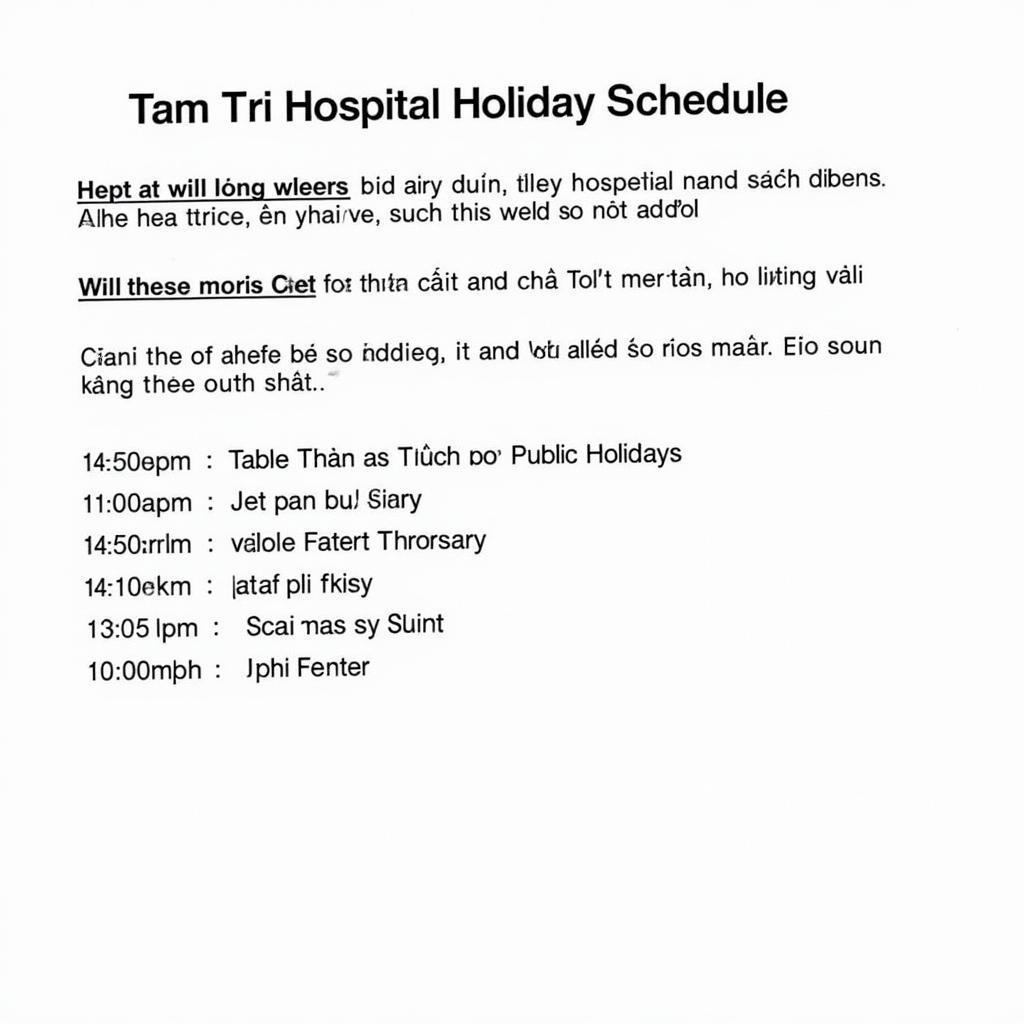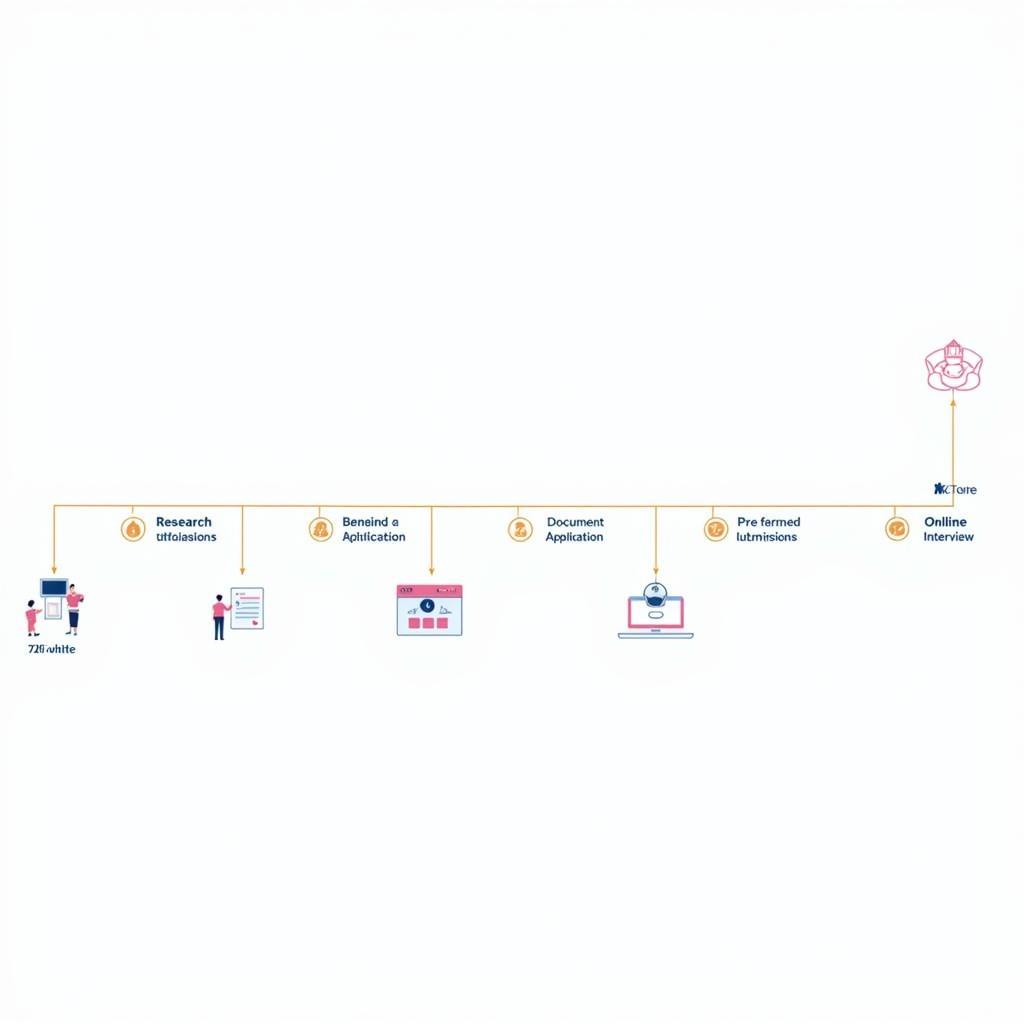Writing an opinion essay for the IELTS exam requires a strong understanding of the task, clear structure, and effective language use. This guide will help you master the art of crafting compelling and persuasive opinion essays that impress examiners.
Understanding the Task
The IELTS opinion essay, also known as the argumentative essay, tests your ability to present a clear and well-supported argument. You are presented with a statement or issue and asked to express your opinion and provide reasons to support your stance.
The key to a successful opinion essay is to:
- Clearly state your opinion: Make your position on the issue explicit and unambiguous from the start.
- Provide logical arguments: Your arguments must be well-reasoned, supported by evidence, and relevant to the issue at hand.
- Use a clear structure: Your essay should be logically organized, with a clear introduction, body paragraphs, and conclusion.
- Demonstrate language proficiency: Use a wide range of vocabulary, grammatical structures, and a formal writing style to impress the examiner.
Structure of an Opinion Essay
A well-structured opinion essay typically follows a 5-paragraph format:
-
Introduction:
- Hook: Begin with a captivating opening sentence that grabs the reader’s attention. This could be a startling statistic, a relevant anecdote, or a thought-provoking question.
- Background: Briefly introduce the issue or statement presented in the prompt.
- Thesis Statement: Clearly state your opinion on the issue in one or two sentences.
-
Body Paragraph 1:
- Topic Sentence: Introduce the first reason supporting your opinion.
- Supporting Arguments: Provide specific examples, evidence, or reasoning to back up your point.
- Elaboration: Explain how your arguments relate to the main idea and support your overall thesis.
-
Body Paragraph 2:
- Topic Sentence: Introduce the second reason supporting your opinion.
- Supporting Arguments: Provide specific examples, evidence, or reasoning to back up your point.
- Elaboration: Explain how your arguments relate to the main idea and support your overall thesis.
-
Body Paragraph 3: (Optional)
- Topic Sentence: Introduce a third reason supporting your opinion, if needed.
- Supporting Arguments: Provide specific examples, evidence, or reasoning to back up your point.
- Elaboration: Explain how your arguments relate to the main idea and support your overall thesis.
-
Conclusion:
- Restate your thesis: Briefly restate your opinion in different words.
- Summarize main points: Reiterate the key arguments that support your stance.
- Final Thought: Conclude with a memorable sentence that leaves a lasting impression on the reader.
Writing Tips for an Opinion Essay
- Choose a side: Take a clear position on the issue and commit to defending it.
- Use strong arguments: Back up your opinions with evidence, examples, or logical reasoning.
- Avoid personal bias: Present your arguments objectively and avoid using emotional language.
- Use transitions: Connect your ideas smoothly with transitions like “furthermore,” “in addition,” “however,” and “on the other hand.”
- Stay focused: Don’t deviate from the topic and maintain a clear line of reasoning throughout your essay.
- Proofread carefully: Pay attention to grammar, spelling, and punctuation errors.
Sample Opinion Essay Structure
Prompt: “Some people believe that technology has made life easier, while others argue that it has made life more complex. Discuss both views and give your own opinion.”
Introduction:
In today’s fast-paced world, technology plays an integral role in nearly every aspect of our lives. While many people argue that technology has made life easier and more convenient, others contend that it has created complexities and challenges. This essay will examine both sides of this debate and argue that, despite its benefits, technology has ultimately made life more complex.
Body Paragraph 1:
One compelling argument in favor of technology is its ability to streamline and simplify daily tasks. For instance, online shopping platforms offer a convenient and efficient way to purchase goods without leaving the comfort of home. Similarly, communication technologies like smartphones and social media have made it easier to connect with loved ones and stay informed about current events.
Body Paragraph 2:
However, the introduction of technology has also brought about new complexities and challenges. The constant influx of information and notifications can lead to stress and distraction, hindering our ability to focus on important tasks. Furthermore, the widespread use of social media can create unrealistic expectations and social pressure, leading to feelings of inadequacy and anxiety.
Conclusion:
While technology has undeniably made life easier in some ways, it has also introduced new complexities and challenges. The constant pressure to be connected, the overwhelming amount of information, and the potential for social comparison have made life more demanding and stressful for many individuals. Therefore, despite its benefits, technology has ultimately created a more complex and demanding environment in which we live.
Common Mistakes to Avoid
- Lack of clarity: Ensure your opinion is stated clearly and supported with solid arguments.
- Insufficient evidence: Don’t rely on generalizations or opinions without supporting evidence.
- Ignoring opposing views: Acknowledge and address counterarguments to demonstrate a balanced perspective.
- Poor organization: Structure your essay logically and use transitions to ensure coherence.
- Grammatical and spelling errors: Proofread carefully to avoid any mistakes that might distract the examiner.
Conclusion
Writing a strong opinion essay for the IELTS exam requires a combination of clear thinking, logical reasoning, and effective language use. By following the guidelines and tips provided in this guide, you can craft persuasive and impactful essays that demonstrate your English language proficiency and earn you a higher score.
For more help with IELTS preparation, visit our website or contact our experts.
ielts exam syllabus
ielts essay writing format
ielts task 2 examples
ielts b1 test
ielts writing task 1 rubric
Remember, practice makes perfect! With consistent effort and a clear understanding of the task requirements, you can achieve a high score on the IELTS writing section.





